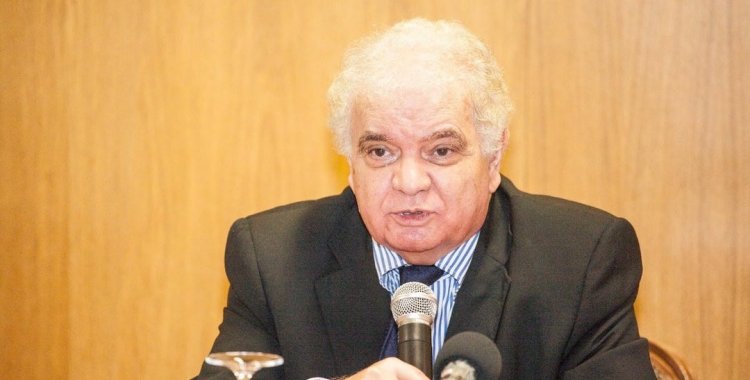"I don't know to what extent this process of seizure of Isabel dos Santos' assets was not intended, in a way, to be a 'fait-diver' in relation to the great economic and social crisis that Angola is experiencing," said the director of the Centre for Scientific Studies and Research, of the Catholic University of Luanda, in declarations to journalists in Lisbon.
Asked what is at stake in the seizure of assets of the businesswoman, her husband and one of her employees, worth 1.1 billion dollars, Alves da Rocha said: "Nobody has yet been able to say the value of the assets that have left the country or that have been illegally taken from the state, neither the National Bank of Angola, nor the government itself".
When talking about 1100 million dollars, "which was the value that was allocated without understanding how, of course, that is a drop in the financing needs of the Angolan economy and the need for investment in diversification," the university professor said.
"The seizure of assets in the fight against corruption is a relatively biased way, I have wondered if there are other reasons that lead President João Lourenço to focus on the family, parental and political of José Eduardo dos Santos," said the economist.
Urged to deepen the idea, Alves da Rocha added: "There are political reasons, he intends to position himself within the party with strength and there are already analyses made that show discrepancies between the power João Lourenço has in the government and the power he has in the Popular Movement for the Liberation of Angola (MPLA), which are unbalanced powers, but there will surely be other reasons, not strictly political, but personal, about situations that have happened between the two".
Commenting on the current political situation in the country, Alves da Rocha argued that "President João Lourenço, in some way, has been losing some popular support because he represented change, a new organization of the economy and society, but the results are not showing".
"The voices of some ministers who say that things don't happen overnight, and that reforms need time, it's true, but are the reforms going in the right direction?" the academic questioned.
For Alves da Rocha, "the agreement with the International Monetary Fund is not the agreement that Angola needs to solve economic problems, promote diversification, attract foreign investment and at the same time alleviate the tremendous social lacks in health, education, income and employment that the population has".
The country, he recalled, has been in recession since 2015, "and this has profound repercussions on the country's social situation, and we don't see, for the near future, the possibility of changing this downward trend of the national economy, not only due to the evolution of oil, but above all due to the lack of reforms that Angola should have initiated with dynamism and persistence" during José Eduardo dos Santos' administration.
The former President, he accused, "promoted easing, promoted the accumulation of wealth and now we are distressed about how to reverse this, and it is not with the IMF that Angola finds its way back to sustainable economic growth".
In addition to Isabel do Santos, who was provisionally seized, José Filomeno 'Zenu' dos Santos is also facing justice, responding in court for an alleged irregular transfer of 500 million dollars while he was president of the Sovereign Fund of Angola.
Isabel dos Santos has been complaining in recent weeks that she is being persecuted, a complaint shared with another of the daughters of the former president, 'Tchizé' dos Santos, who recently saw the MPLA suspend his mandate as a deputy, a decision that has since been challenged before the Constitutional Court.







